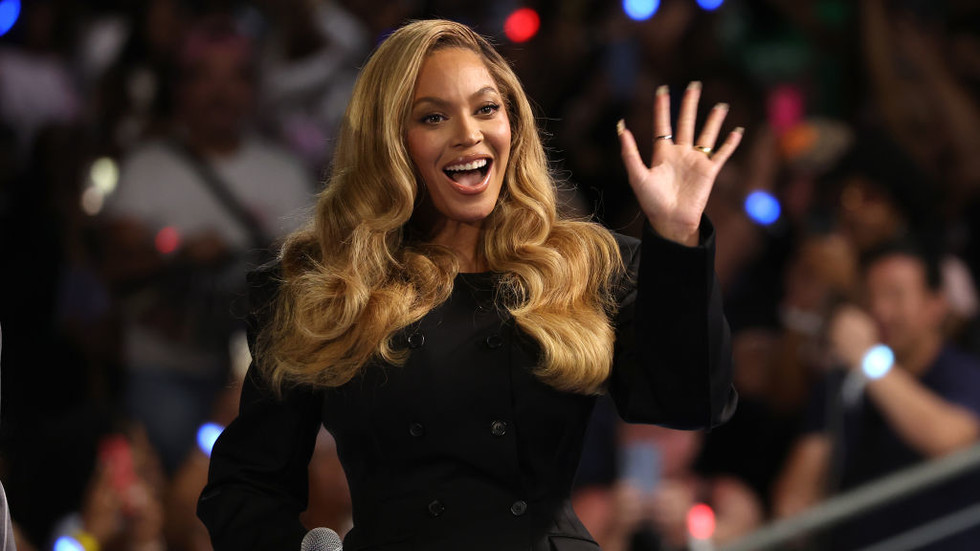On Friday, Beyonce made an unexpected appearance at a Democratic rally in Houston, Texas, which drew a crowd of over 30,000 attendees who were hoping for a concert rather than a speech. Anticipation built around her potential performance after media outlets like MSNBC and the Washington Post suggested that she would take the stage alongside Democratic vice-presidential candidate Kamala Harris. In addition to this expectation, Beyonce had previously approved her song “Freedom” for use in the campaign, fueling assumptions that she would engage more as an entertainer than as a political figure. However, when she did appear on stage with her former Destiny’s Child bandmate Kelly Rowland, it was made clear that her presence was primarily to support reproductive rights as a concerned mother, rather than to perform.
Beyonce’s speech, which lasted less than five minutes, focused on urging the audience to support abortion rights, echoing Harris’s call for mobilization ahead of the election on November 5. The pop superstar resonated with the crowd by proclaiming, “It’s time for America to sing a new song,” and emphasizing unity and opportunity. This message sought to inspire engagement and solidarity among supporters, although it was not accompanied by the musical performance many expected. In welcoming Harris, Beyonce laid a foundation for the vice president to address the crowd further, but the deviation from a musical showcase left many attendees feeling disappointed.
Republican presidential candidate Donald Trump seized upon this disappointment during his campaign rally in Michigan the following day. He criticized the Harris campaign, suggesting that they had misled supporters by leading them to believe a performance by Beyonce was imminent. Trump noted the crowd’s chaotic reaction when they realized there would be no performance, describing it as a situation where “they booed the hell out of everybody.” His comments reflected a broader narrative of political rivalry, marking the event as an example of how celebrity endorsements can backfire when public expectations aren’t met.
Tim Murtaugh, a senior adviser to Trump’s campaign, echoed the former president’s sentiments by indicating that the Democratic rally organizers had “lied to build a crowd.” This portrayal emphasizes the intense scrutiny political events face, especially when they involve high-profile figures like Beyonce. The marketing and promotion strategies of each campaign become crucial in shaping public perception. By putting forward a perceived major draw like Beyonce, the Harris campaign attempted to rally support, but the fallout from unmet expectations was swiftly weaponized by the opposition.
As clips emerged on social media showing mixed reactions from the crowd—where some booed and others walked out of the venue—speculation arose about the efficacy of celebrity endorsements in political mobilization. While the front row attendees appeared engaged and supportive of Harris’s speech, the discontent emanating from the back of the venue illustrated the impact of unmet expectations. This event also highlighted a significant divide in political support, with pop culture figures like Beyonce and Taylor Swift backing the Democratic side, while Trump garnered endorsements from figures like Elon Musk and 50 Cent.
Overall, the rally facilitated a moment of political discourse intertwined with celebrity influence, though it ultimately illustrated the perils of expectation management in such contexts. Beyonce’s presence—intended as a catalyst for engagement around key issues such as reproductive rights—became a focal point for criticism against the democratic strategy of leveraging celebrity culture for political gains. This scenario serves as a reminder of the complexities involved in the interplay between entertainment and politics, emphasizing the paramount importance of aligning public expectations with actual event outcomes in order to maintain enthusiastic support.

